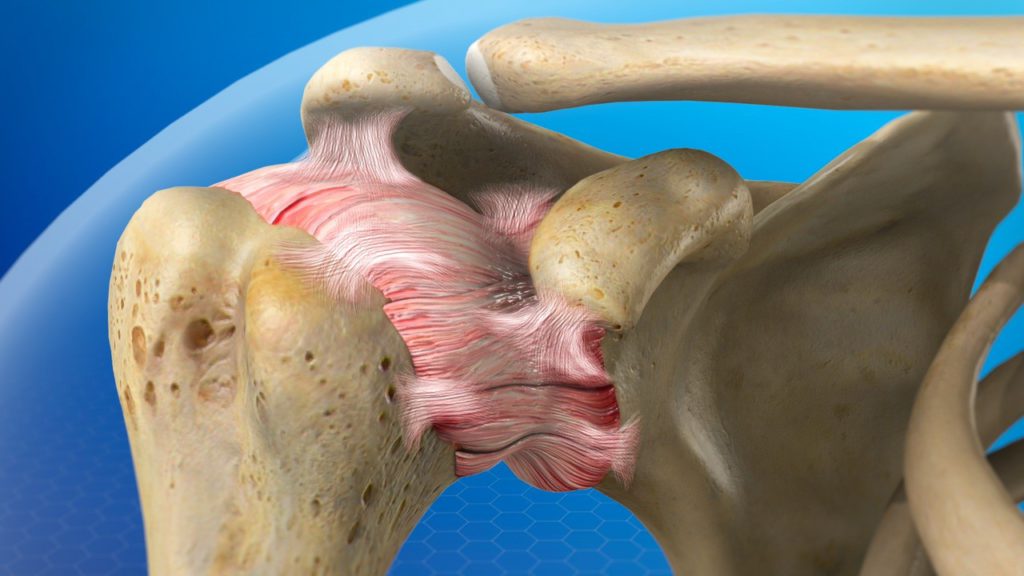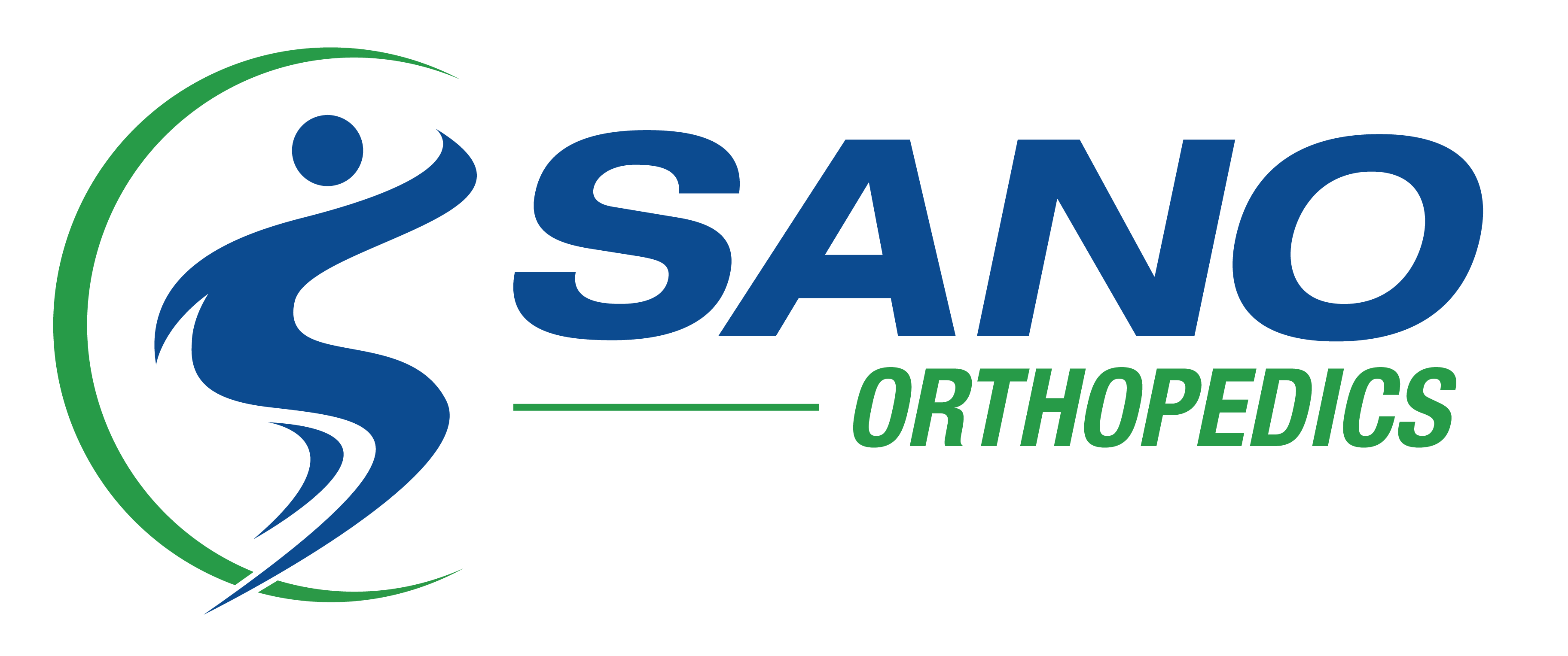WHAT IS FROZEN SHOULDER
 Adhesive Capsulitis, commonly known as frozen shoulder, is characterized by progressive loss of motion of the shoulder. Frozen shoulder does not have one specific cause, but is a result of increased inflammation and scarring of the shoulder capsule. This can occur spontaneously or following a shoulder injury. Frozen shoulder has been found to occur more frequently in female patients, diabetics, and patient’s requiring prolonged immobilization of the shoulder joint following surgery.
Adhesive Capsulitis, commonly known as frozen shoulder, is characterized by progressive loss of motion of the shoulder. Frozen shoulder does not have one specific cause, but is a result of increased inflammation and scarring of the shoulder capsule. This can occur spontaneously or following a shoulder injury. Frozen shoulder has been found to occur more frequently in female patients, diabetics, and patient’s requiring prolonged immobilization of the shoulder joint following surgery.
TREATMENT OPTIONS FOR FROZEN SHOULDER
The first step in treating Adhesive Capsulitis is generally a two-pronged approach. This includes a combination of oral anti-inflammatories and formalized physical therapy/home exercise program. Performing the JPL shoulder program and home exercises frequently throughout the day is essential in restoring range of motion.
If improvements are not seen over 4-6 weeks of physical therapy and NSAIDS, a corticosteroid injection is often helpful in decreasing pain and increasing range of motion. If pain and stiffness persist after 4-6 months of failed non-surgical treatment, manipulation under anesthesia and arthroscopic surgery may be required to release the joint capsule.
RECOVERING FROM FROZEN SHOULDER
The prognosis for recovery following frozen shoulder is very good, although it can be a long, hard road that requires some patience and perseverance. With frequent stretching of the shoulder, patients generally make a full recovery of motion and function. In those rare cases that arthroscopy is required to release the capsule, patients can expect a full recovery.













